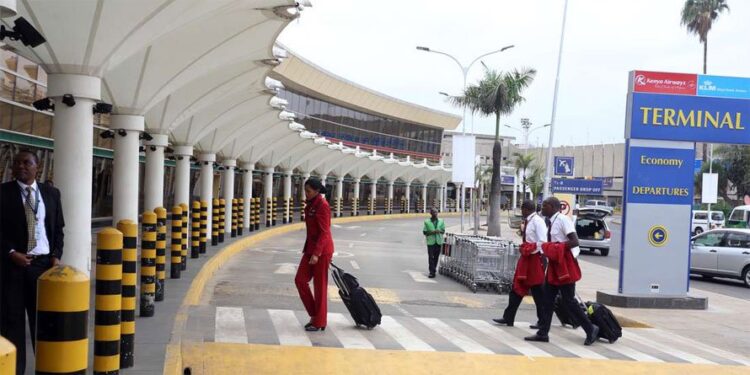Columnists
Aviation industry seeking clarity on jet fuel regulations
Wednesday, June 5, 2019 20:32
By JAMES ANYANZWA |

The energy regulator issued circulars in April and May on jet fuel providers which has created confusion among major stakeholders in aviation industry as to the intended objectives and the mode of implementation.
Although the circular claims “all traders” of jet fuel are required to adhere to regulations that are applicable to full-fledged Oil Marketing Companies (OMC), market sources claim the actual target is foreign and local intermediaries who do not come under the definitions of OMC or that of trader.
The circulars, if implemented as the market suggests would be similar to demanding a travel agency or a holiday provider to have a full-fledged airline licence if they engage in selling airline tickets.
All around the world, there are facilitators in the system who function as “consolidators of services” or a “one-stop shop” that links direct providers in a user-friendly manner to the end-users in the market. This should be encouraged rather than be frowned upon.
Other noticeable “facilitators” in the system are freight forwarders; they link a shipper of cargo with a shipping source in air/sea or ground channels – by definition a freight forwarder is a consolidator of cargo and leverage their scale of quantity to exert the best of rates/channels among sea/air/land actual providers (that is, airlines/shipping lines/surface transport…etc) – if the similar equation is applied in this case a freight forwarder would be required to have its own licences and assets as an airline/shipping line and ground transport which goes against common sense.
Newly published rules on aviation “forces” all facilitators to have own OMC licences thus compelling them to own infra-structure and so on.
Currently, the Jomo Kenyatta International Airport (JKIA) is served by seven OMCs and it was long established that the competition is too big for a market of the size of JKIA.
JKIA’s aviation fuel market size is about 756 million litres a year. In comparison, Dubai Airport with a market size of 9.2 billion litres (12 times the size of JKIA) annually is served by only five OMCs.
If the new regulations take effect they will force local/international facilitators to have their own equipment/assets and become full-fledged OMCs. This will further increase the number of OMCs in an already overcrowded market.
Currently, a facilitator will partner with an existing OMC (similar to travel agency contracts with an airline to sell tickets or a freight forwarder ties up with an airline/shipping line for cargo space) to serve their client’s requirements thus not disturb the number of OMCs in the market.
If the mandate of the Energy and Petroleum Regulatory Authority is to be implemented, international and local “facilitators” who previously did not need fuel infrastructure investments in Kenya will have to procure such infrastructure investments and be ready with a licence within a span of 60 days.
This is not practical and hence the move appears designed to protect some disgruntled OMCs who fell behind the market share due to their malpractices with airline customers.
Kenyan Business Feed is the top Kenyan Business Blog. We share news from Kenya and across the region. To contact us with any alert, please email us to [email protected]











